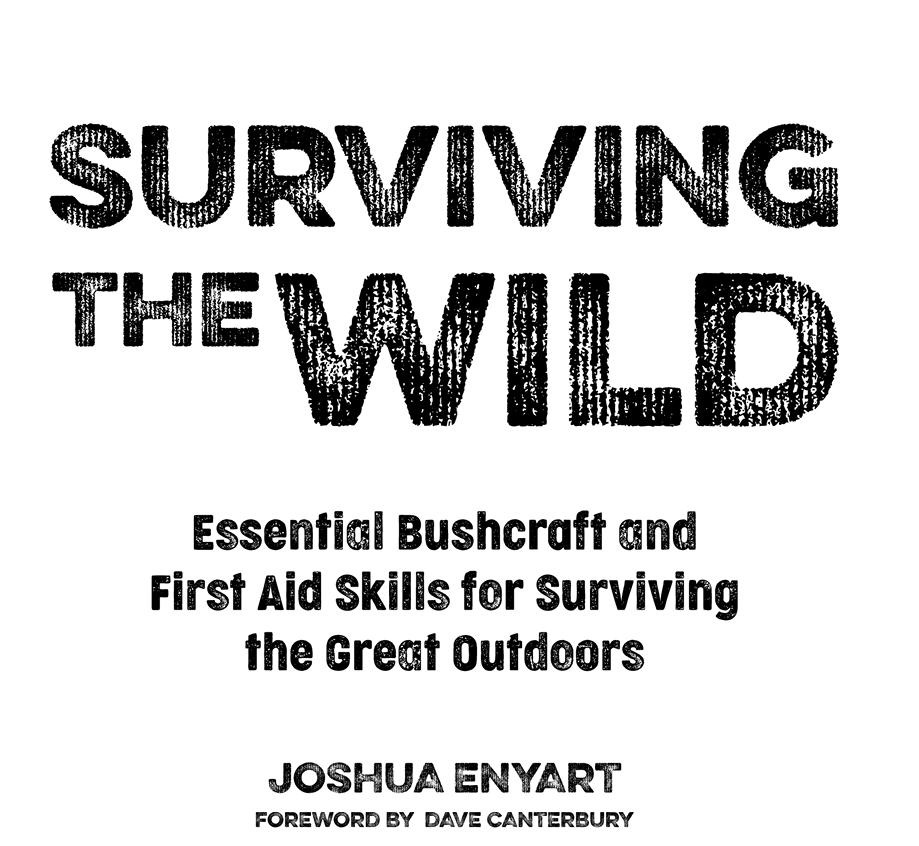
.png)
Coral Gables
Copyright 2021 by Joshua Enyart.
Published by Mango Publishing Group, a division of Mango Media Inc.
Cover Design: Elina Diaz
Cover Photo/illustration: stock.adobe.com/James ODonnell,
stock.adobe.com/PeterAtkins, stock.adobe.com/Chris, stock.adobe.com/DenisVakhrushev, stock.adobe.com/Jonas Sjblom, stock.adobe.com/zlikovec
Layout & Design: Elina Diaz
Mango is an active supporter of authors rights to free speech and artistic expression in their books. The purpose of copyright is to encourage authors to produce exceptional works that enrich our culture and our open society.
Uploading or distributing photos, scans or any cotntent from this book without prior permission is theft of the authors intellectual property. Please honor the authors work as you would your own. Thank you in advance for respecting our authors rights.
For permission requests, please contact the publisher at:
Mango Publishing Group
2850 S Douglas Road, 2nd Floor
Coral Gables, FL 33134 USA
For special orders, quantity sales, course adoptions and corporate sales, please email the publisher at or +1.800.509.4887.
Surviving the Wild: Essential Bushcraft Skills and a Step-by-Step Strategy to
Surviving Mother Nature
Library of Congress Cataloging-in-Publication number: 2021936119
ISBN: (print) 978-1-64250-543-6, (ebook) 978-1-64250-544-3
BISAC category code SPO030000SPORTS & RECREATION / Outdoor Skills
Disclaimer: The information in this book is meant to supplement, not replace, proper bushcraft training. Like any practice that requires equipment, skill, and ingredients from nature, this practice poses some inherent risk. The author and publisher advise readers to take full responsibility for their safety. Do not take risks beyond your level of experience, aptitude, training, and comfort level.
This book is not intended as a substitute for the medical advice of physicians. The reader should regularly consult a physician in matters relating to his/her health and particularly with respect to any symptoms that may require diagnosis or medical attention. The reader practices the recommendations contained in this book at their own risk.
-02.png)
Printed in the United States of America
To my wife, Lauren, and my children, Luke, Jacob, Abigail, and Madeline. Thank you for all the support you give me. Everything I am able to accomplish is because of you. You are my true legacy and my biggest source of pride.
Table of Contents
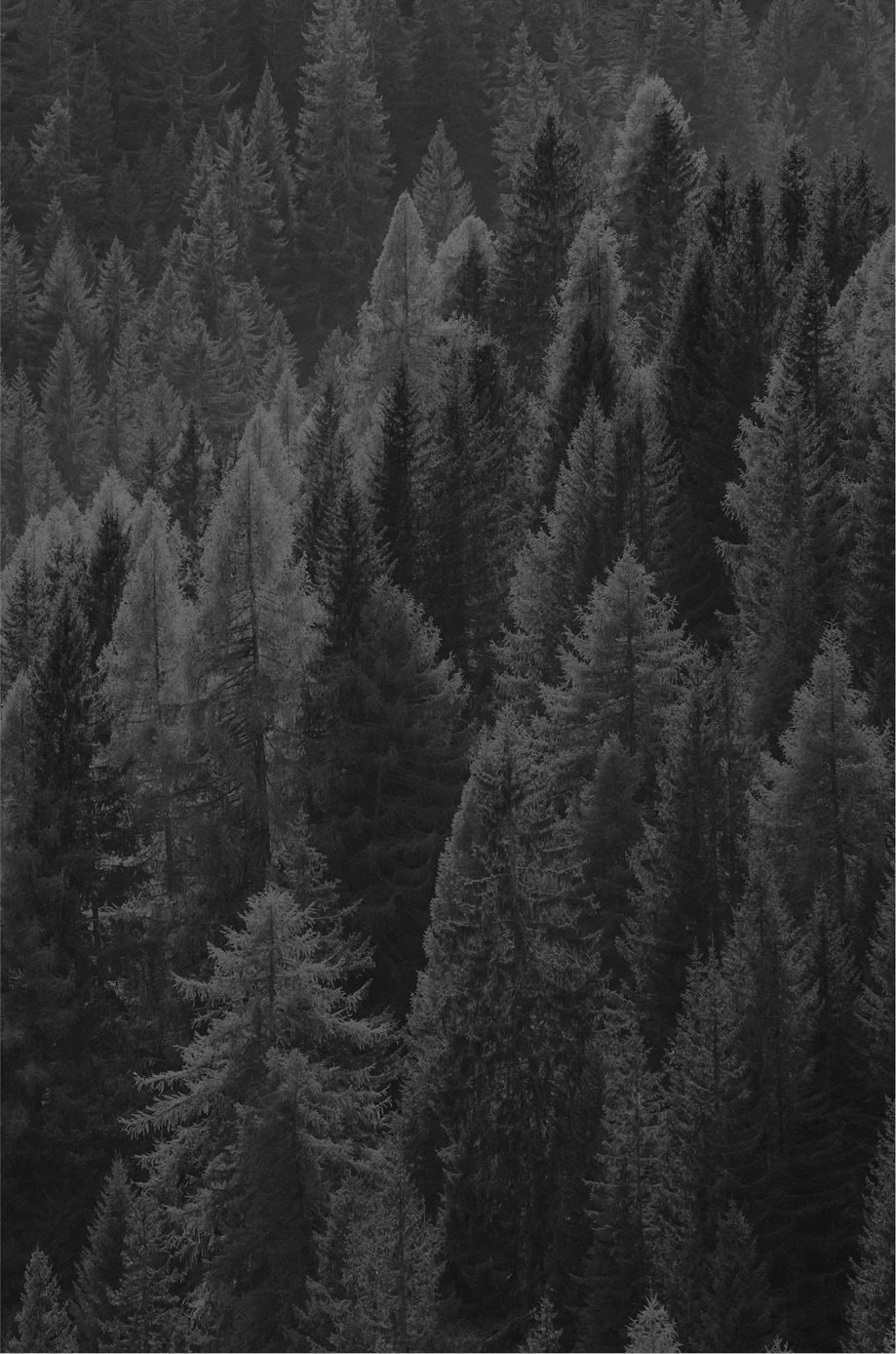
Surviving the Wild will quickly become an important part of any outdoorspersons library. With a focus not only on bushcraft but also survival and woodsmanship in general, Joshs extensive experience will shine as a way forward to give you some of the most up to date and tried and proven methods to keep you not only alive but to help you thrive in a woodland en vironment.
The extensive experience from both a military and civilian standpoint will only accentuate the breadth of knowledge shared in this volume of text. I have had the pleasure of working with Josh as one of the instructors at my school for several years now. From the first time I met Josh, it was like speaking to a brother. His passion for all things woodcraft related and his passion for life in the wilderness connects us in a common bond. We have spent many days and nights teaching together and he is one of my top instructors; our passions intert wine well.
With his extensive knowledge of wilderness medical skills, his knowledge of local flora, and his ability to articulate subject matter into easy-to-understand terms makes learning from and with him a very enjoyable and enriching experience. I am sure the value packed in this book will only serve to compound your own Doctorate in Woodsy K nowledge.
David M. Canterbury
Owner The Pathfinder S chool, LLC
Author of Bushcraft 101: A Field Guide to the Art of Wilderness Surviva l and more
I would like to first take this opportunity to thank you for your interest in my first book! Hopefully, it will be the first of many. I dont usually like to talk about myself, but if youll allow it, I would like to tell you who I am and where I came from.
My name is Joshua Enyart. I am a former Army Ranger and Green Beret. When I say Army Ranger, I mean that I graduated from the prestigious US Army Ranger School and served in the 75th Ranger Regiment. This is an important distinctio n to make.
It is often said that the tab is just a school, but the scroll is a way of life. In other words, the Army Ranger School is a leadership school that has many branches and occupational specialties (what jobs are called in the army). You can attend ranger school, graduate after several weeks of training, and then return to your original job, though certainly with more recognition and distinction (having earned your tab). However, if youre a ranger that serves as part of the Ranger Regiment, being an Army Ranger is your life, day in and day out. Its where you earn your scroll, where rangers that are next in line to become leaders within the Regiment have to prove themselvesan important distincti on indeed.
During my time in the Rangers, I served during the Cold War, in Haiti for Operation Uphold Democracy, and traveled three times to Panama for training, two of which were to attend the Jungle Operations Training Center. The value of that trainingcovering jungle survival techniques and gaining experience in such a wild placecannot be overstated. Although everything in the jungle seemed to want to bite, poke, or poison me, I have to admit I enjoyed it. Killer bees, piranhas, vampire bats, and poo-flinging monkeyswhats no t to love?
Aside from overseas, I trained in several other locales. The woodlands and mountains of the eastern United States; the swamps of the southeast; the desert, High Desert, and mountains of the west and southwestall of which gave me extremely valuable experience across different environments and conditions. These opportunities would continue throughout my career. Those experiences, in no small way, helped shape me into who I am today. After all, in order to teach you how to survive, I myself must have learned to survive in all manner of env ironments.
After service with the Ranger Regiment, I moved on to be a Pre-Ranger instructor for the 101st Airborne Division. While I had taught before in my role as a leader, this was really my first assignment as a professional instructor. I went to the army instructor course and graduated at the top of that class. Every day for three years was dedicated to learning the principles of instruction and passing knowledge and skills on to future rangers. I would have students come back to me after they successfully earned their ranger tabs, and tell me how my instruction (and that of the other instructors) was a big part of that. I realized that they would then be the ones effectively leading troops in combat and passing on those skills. That, in my opinion, is tr ue legacy.

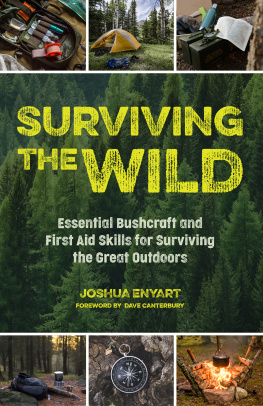
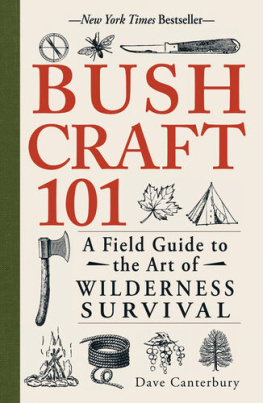
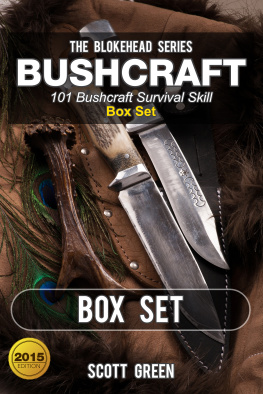
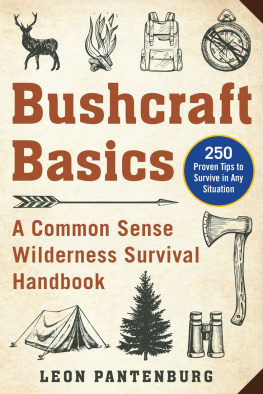


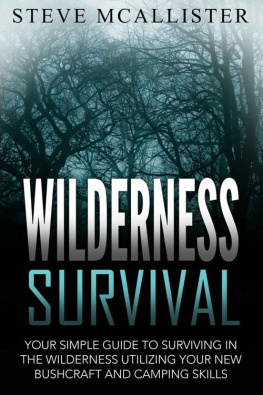
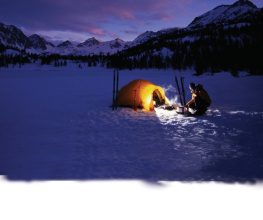
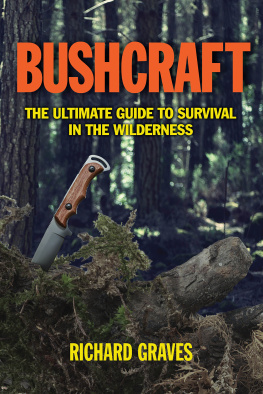
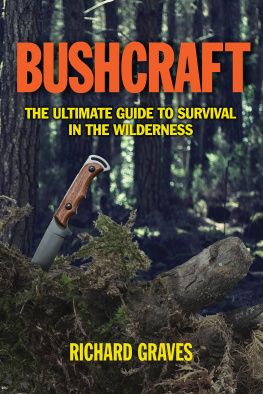
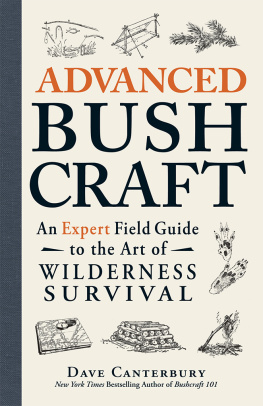
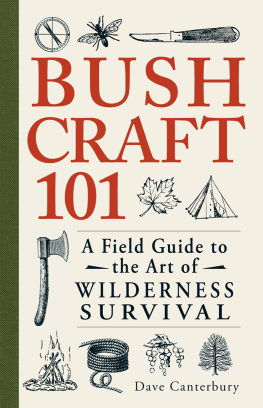


.png)
-02.png)
